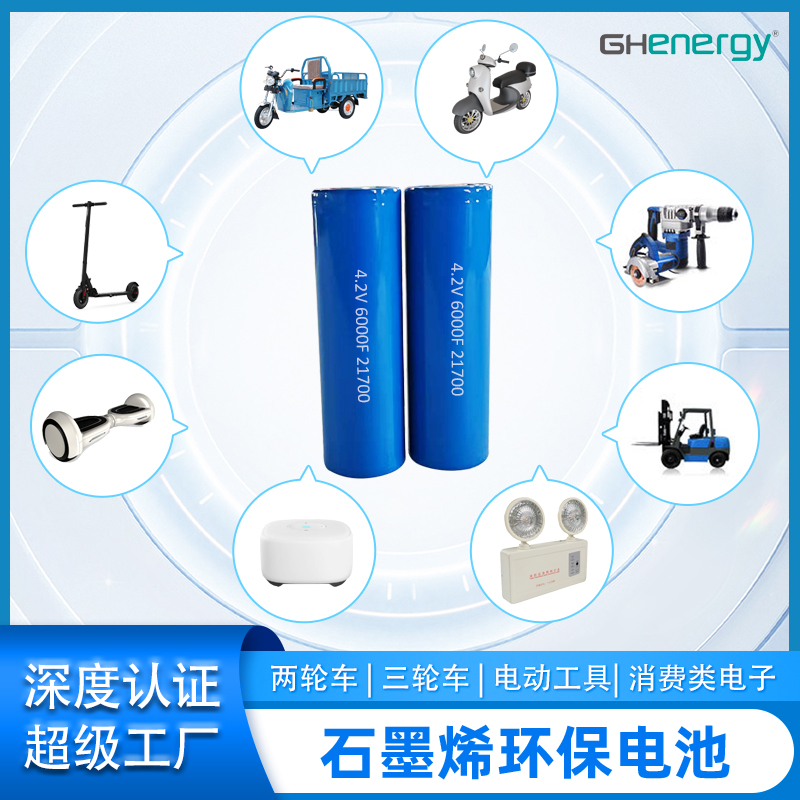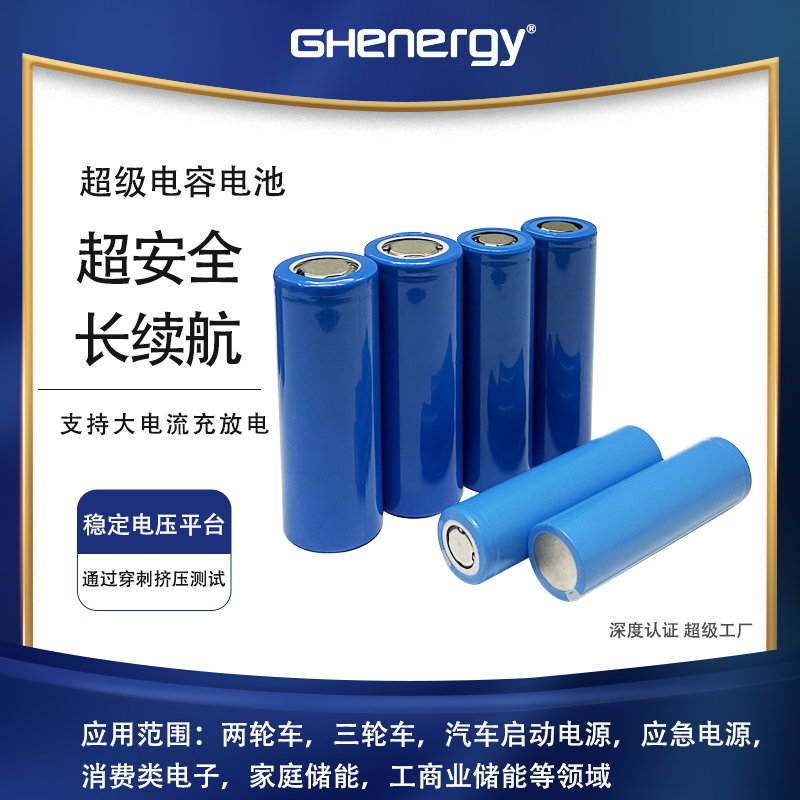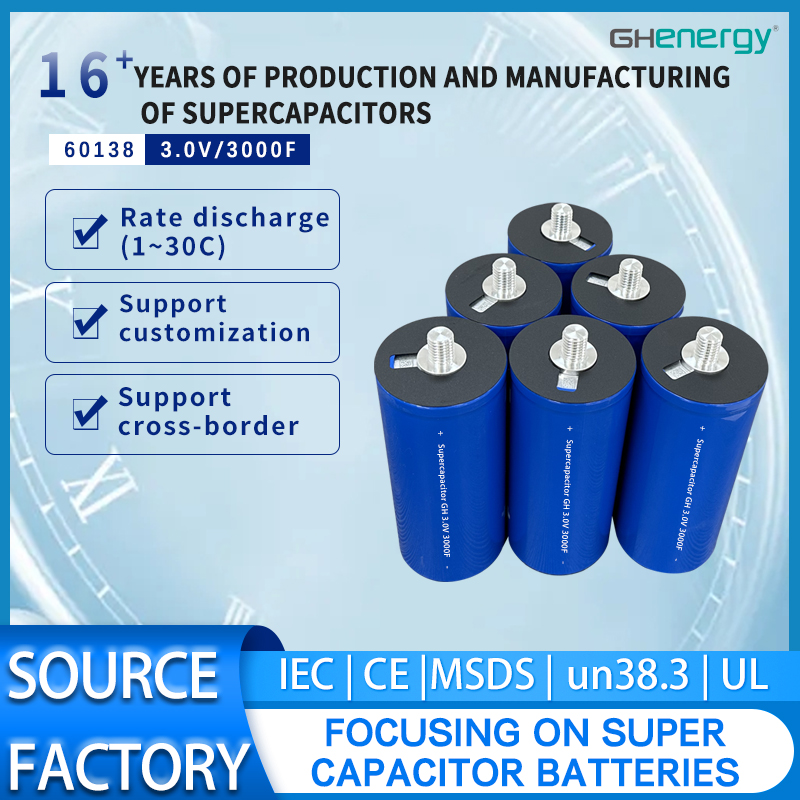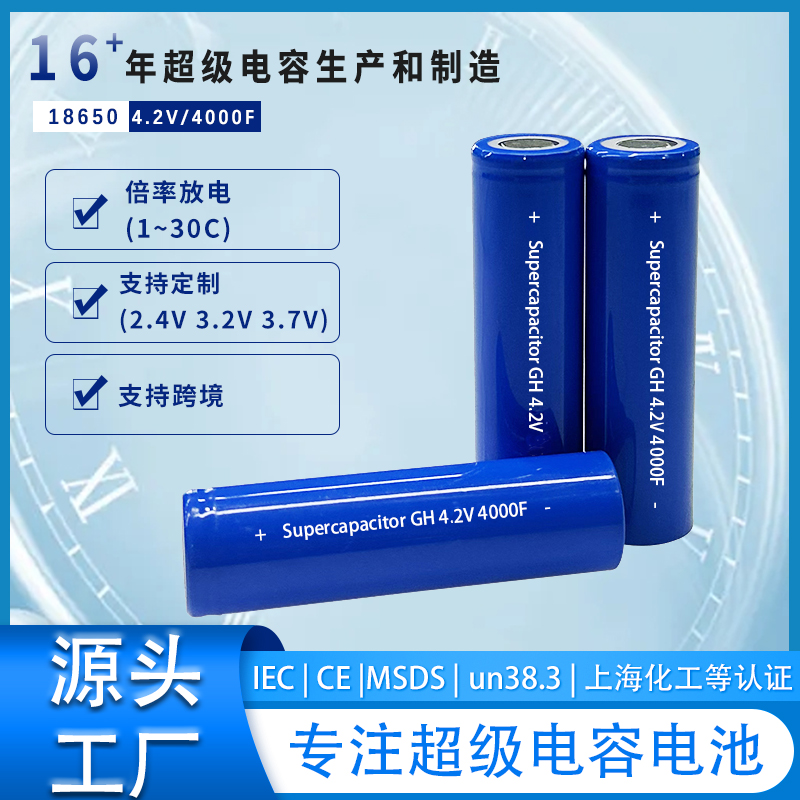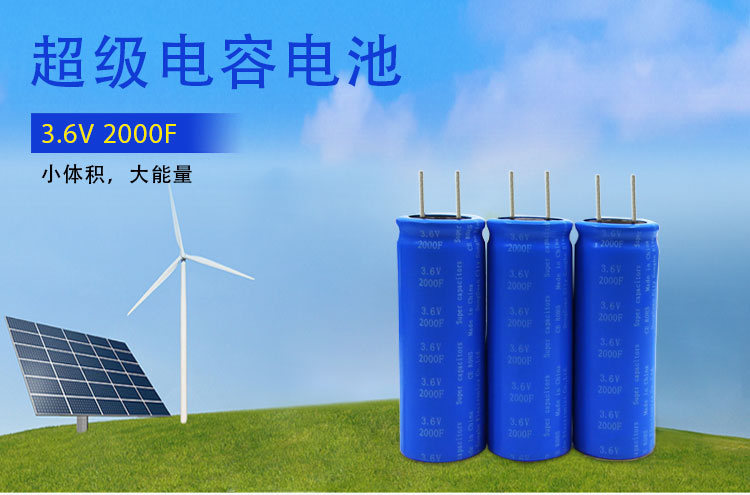Wedoany.com Report-Nov 18, Federal Hydrogen Incentives: A Slow Path to a Greener Future
As the quest for cleaner energy intensifies, hydrogen emerges as a pivotal element in the transition toward a sustainable future. Its ability to decarbonize industries, power vehicles, and offer viable, sustainable fuel alternatives is widely recognized. However, realizing this potential in the United States is hampered by the slow rollout of necessary investment and incentive frameworks. Unlike Europe, which mandates the use of renewable hydrogen, the U.S. leans towards a “carrot”-based approach within a technology-neutral framework, making bipartisan support for such mandates much harder. Yet, driving demand for low-carbon hydrogen is crucial for achieving the U.S.’s long-term goal of large-scale production and utilization of low-emission hydrogen.
Challenges of Federal Incentives
The federal government’s approach to hydrogen incentives is fraught with challenges. The bureaucratic processes involved in rolling out these programs often lead to lengthy delays. Establishing a clear framework that outlines specific goals, timelines, and funding mechanisms is critical, yet remains elusive. These hurdles slow the pace at which hydrogen can be integrated into the mainstream energy landscape.
The Role of Private-Sector Initiatives
Historically, private-sector initiatives have played a pivotal role in transforming markets in the United States. In the case of clean hydrogen, private companies have the potential to drive change more rapidly than federal programs. By investing in hydrogen projects, these companies can help aggregate demand and stimulate investment, paving the way for a more robust hydrogen economy.
A real-world example of Toyota’s innovation in the hydrogen space is their collaboration with Antwerp Euroterminal, where they piloted a mobile hydrogen fueling station for Toyota trucks. This initiative demonstrated the potential for mobile hydrogen solutions to create more sustainable and efficient operations in heavy-duty environments[^1].
If Toyota dealerships were to implement mobile hydrogen stations for their customers, it could significantly accelerate the adoption of hydrogen vehicles. By leveraging their agility and innovation, Toyota could complement public sector efforts, expediting the transition to clean hydrogen and showcasing the power of private-sector leadership in driving market change.
Accelerating Adoption Through Innovation
Private-sector leadership is key to complementing public sector efforts in the hydrogen space. By leveraging their agility, innovation, and capital, private entities can implement projects and technologies at a much quicker pace. This synergy between public and private sectors can expedite the transition to clean hydrogen, providing a balanced approach that capitalizes on the strengths of both.
